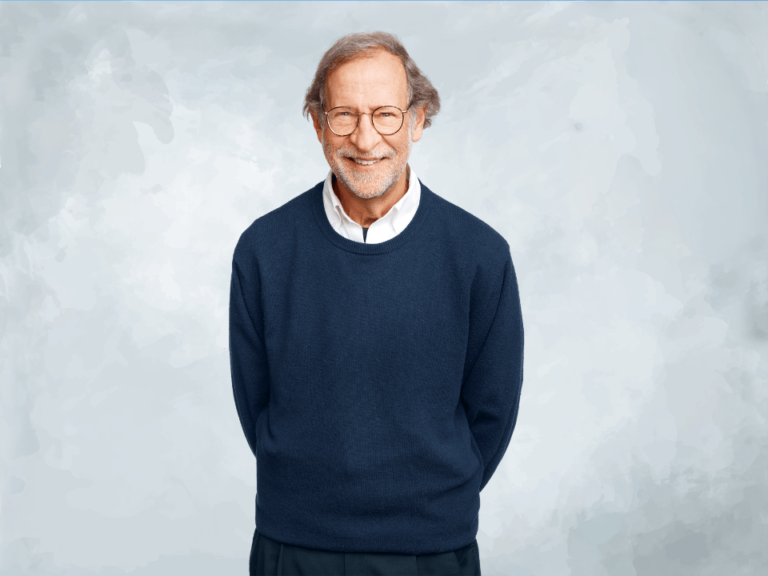Researchers at City of Hope have found that cell mutations are necessary but not always sufficient for tumors to form. Instead, they suggest that additional risk factors that promote tumor growth, like chronic inflammation, are a key trigger for tumor formation.
To access this subscriber-only content please log in or subscribe.
If your institution has a site license, log in with IP-login or register for a sponsored account.*
*Not all site licenses are enrolled in sponsored accounts.
Login Subscribe
If your institution has a site license, log in with IP-login or register for a sponsored account.*
*Not all site licenses are enrolled in sponsored accounts.
Login Subscribe










